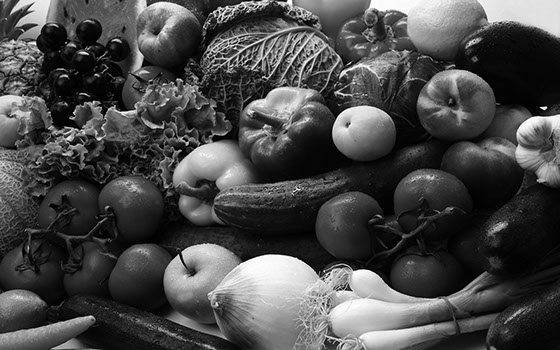
Not everyone can or wants to become a nutritional expert. But eating responsibly does not have to be as complicated as some people think. In addition, a different diet is mainly a matter of getting used to. Getting used to different flavours, a different way of shopping for and preparing food. Not only for you, your housemates will also have to get used to your change in diet. It might be good to point out that, in that context, a healthier diet might be not be a bad for them, even if they don’t have diabetes.
Diabetics must pay particular attention to carbohydrates and fats. Proteins, the body’s building blocks, are less important. These will not directly affect diabetes. However, it is a known fact that people with kidney problems should not consume too much protein. When too much protein is consumed the kidneys have to work harder.
Our bodies use carbohydrates for energy.
They are converted into sugars – glucose – in the intestines. This is released into our blood as blood glucose. In diabetics, too much glucose remains in the blood (too high blood glucose). To make it even more complicated; there are different types of carbohydrates.
Fast and slow carbohydrates
Whether food has fast or slow carbohydrates has to do with how quickly they enter the bloodstream as blood sugar. The slower your blood glucose rises, the better.
Slow carbohydrates are therefore preferred. These are products that contain more fibre. As a result, the carbohydrates are absorbed into the blood more slowly as blood sugar. The added benefit of slow carbohydrates is a continuous release of energy. If your diet consists mainly of slow carbohydrates, your body will automatically have less need for fast carbohydrates (e.g. sweets) for an energy boost!
Counting carbohydrates
It is important for diabetics to count carbohydrates. There are various useful links for this, even apps! Check out the websites below: